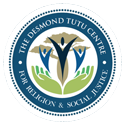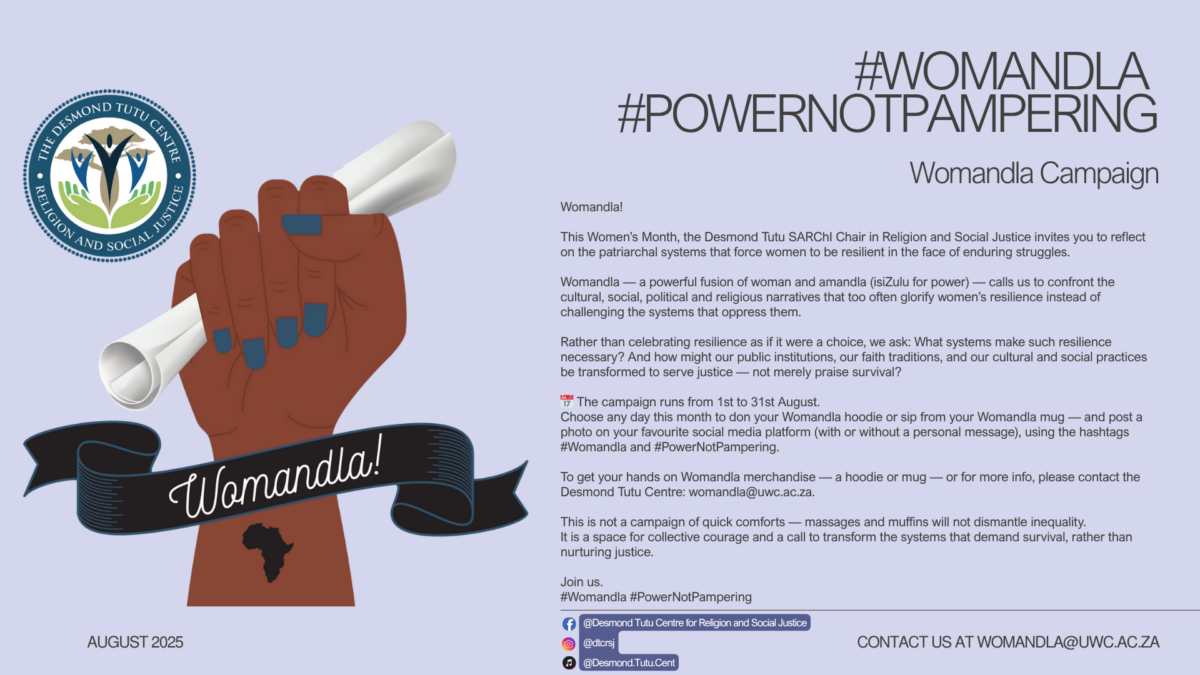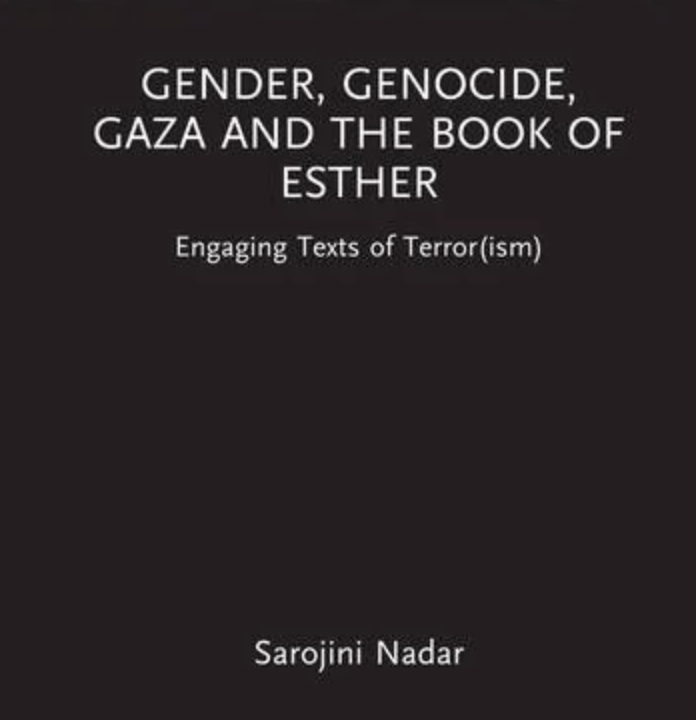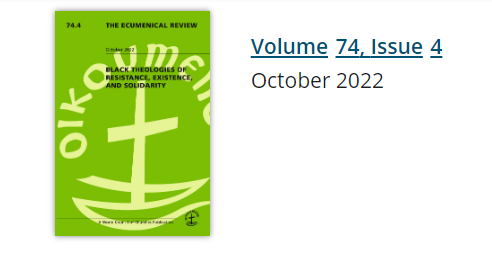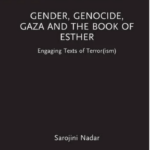
Gender, Genocide, Gaza and the Book of Esther: Engaging Texts of Terror(ism) by Sarojini Nadar
19/05/2025Join us for the Womandla Campaign in August
Womandla: Power, Not Pampering. Power, Not Platitudes.
Womandla is a powerful word that brings together the words woman and amandla, the isiZulu and isiXhosa word for power. Amandla was the rallying cry of the anti-apartheid struggle. Womandla honours the power of women, and it calls attention to the ongoing systems that continue to deny women access to power in every part of society.
Women’s Month in South Africa is meant to commemorate the 9 August 1956 march of over 20,000 women who protested the apartheid pass laws that restricted Black people’s movement and freedom. It was a moment when gendered power was mobilised to oppose racial injustice. That march was bold, strategic, and revolutionary.
Yet each year, we see this history reduced to pink platitudes and pampering events. Massages and muffins. “Ladies’ teas” and slogans about “soft power.”
Pampering is not the problem. We all need care, and many women are systematically denied access to rest, support and wellness. But when pampering silences protest, and when empowerment is reduced to corporate slogans about “feminine leadership,” Women’s Month loses its meaning.
Too often, religion and culture are part of the problem. They are used to justify inequality by insisting that women must be submissive, self-sacrificing and silent. At the Desmond Tutu Centre for Religion and Social Justice, we challenge the ways religious and cultural systems have been used to sanctify patriarchy, and we work to reclaim their liberative potential.
What you can do this Women’s Month:
- Wear the Womandla hoodie or sip from the Womandla mug. Take a photo. Post it alongside your own personal message.
- Reflect and engage. Refuse the massages and muffins offered as empowerment. Ask for real power. Real change. Equal rights.
- Support real institutional reform. One of our campaigns this month will call for equal maternity benefits for both administrators and academics. We invite you to find your cause and take action.
“Womandla is not a call to praise women for their resilience. It is a call to confront the cultural, religious, and political systems that force women to be resilient. To dismantle these systems, we must ask: what gives these systems their power, how do they continue to shape women’s lives, and why are women still expected to carry their weight?”
— Prof Sarojini Nadar, Desmond Tutu SARChI Chair in Religion and Social Justice
Our social media pages
